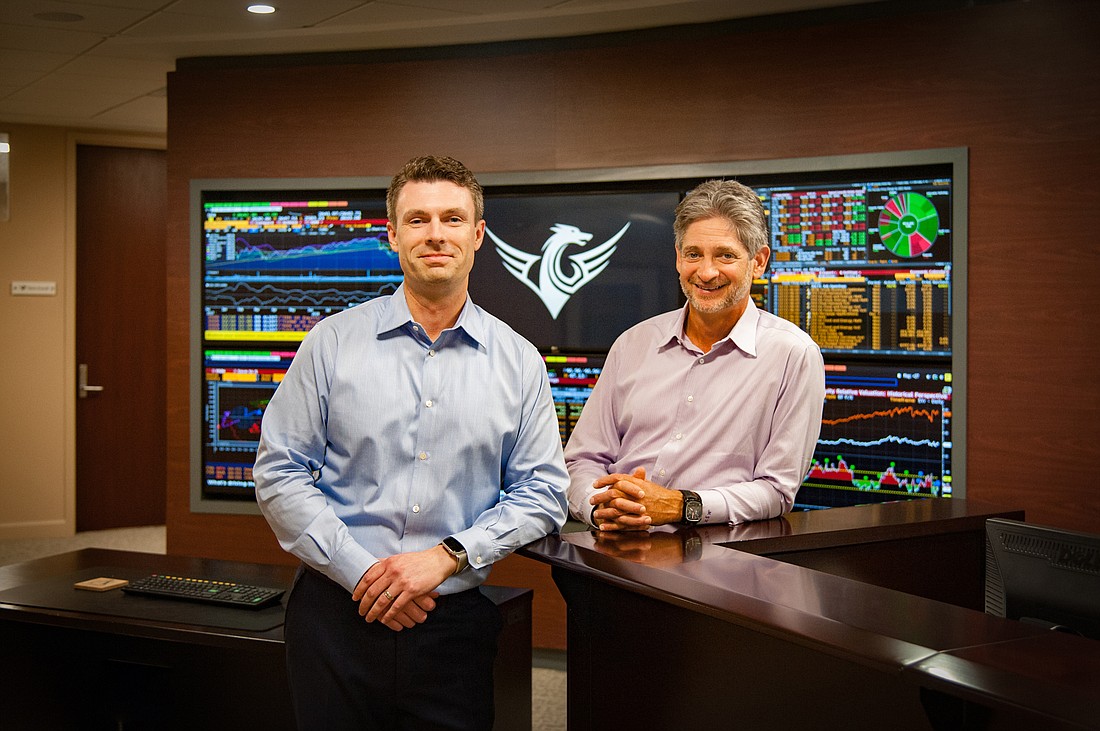- December 15, 2025
-
-
Loading

Loading

Going into 2021, Ben Jones didn’t think the thriving 22-employee investment wealth management firm he oversaw, Allegiant Private Advisors, was a prime target for acquisition.
Founded in 1997, first as the financial services arm of Sarasota accounting firm Kerkering Barberio, Allegiant had grown into one of the leading high-touch wealth management firms in town. It had some 500 clients and nearly $1 billion in assets under management.